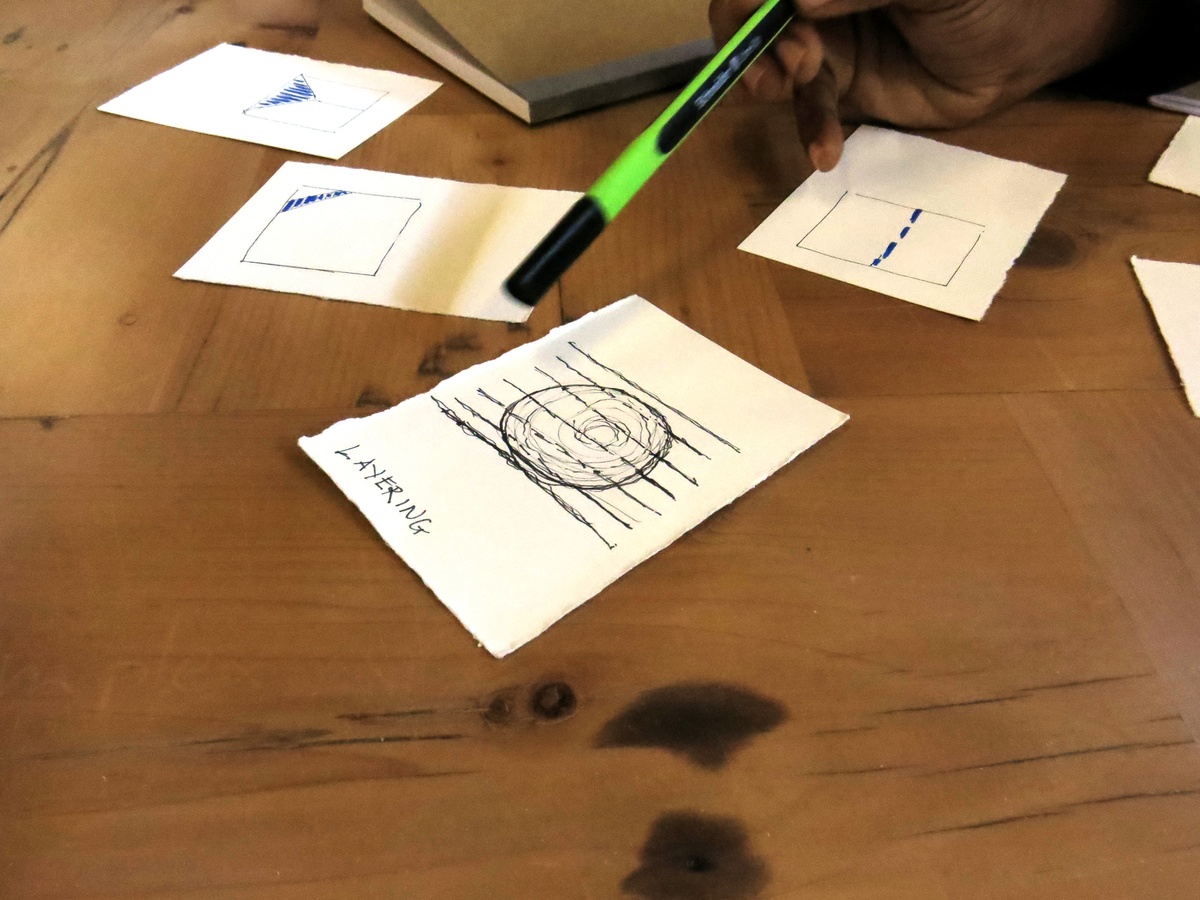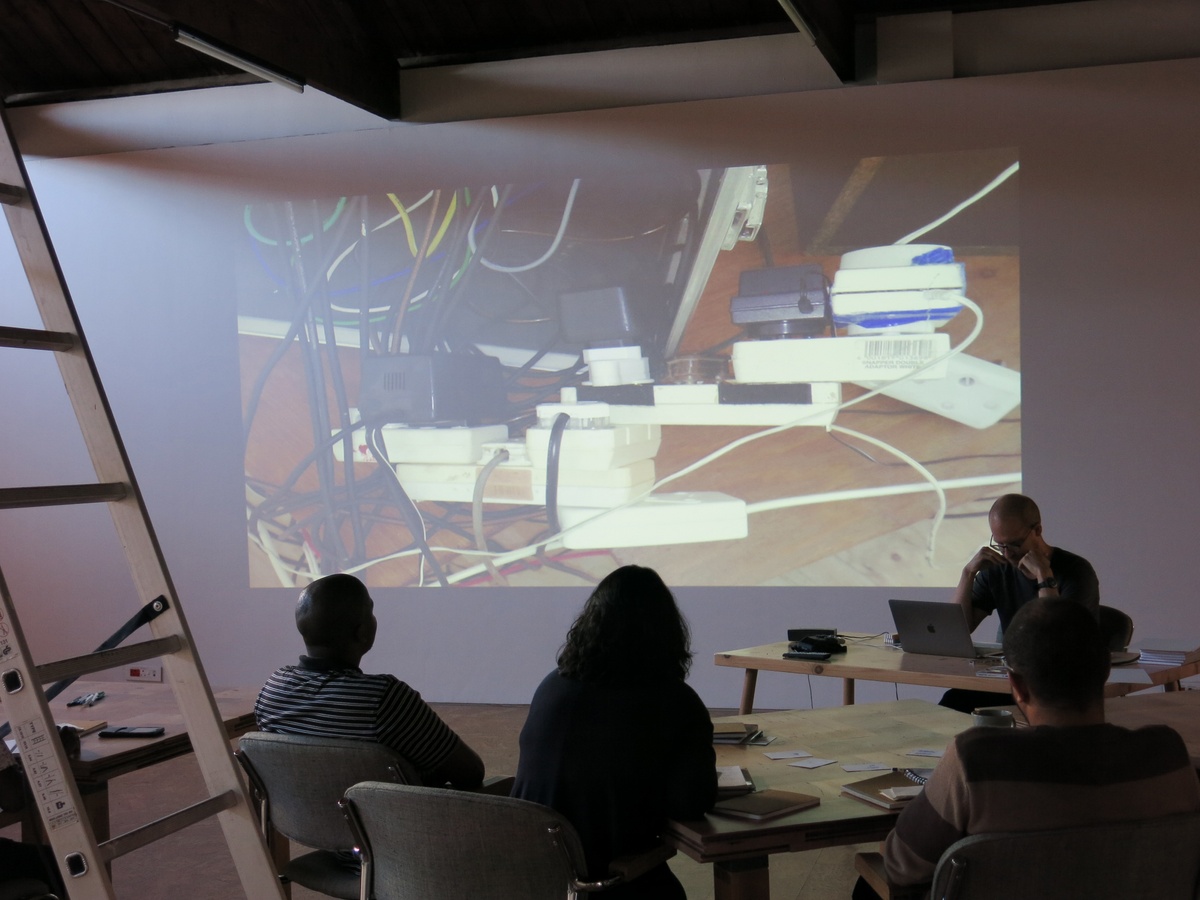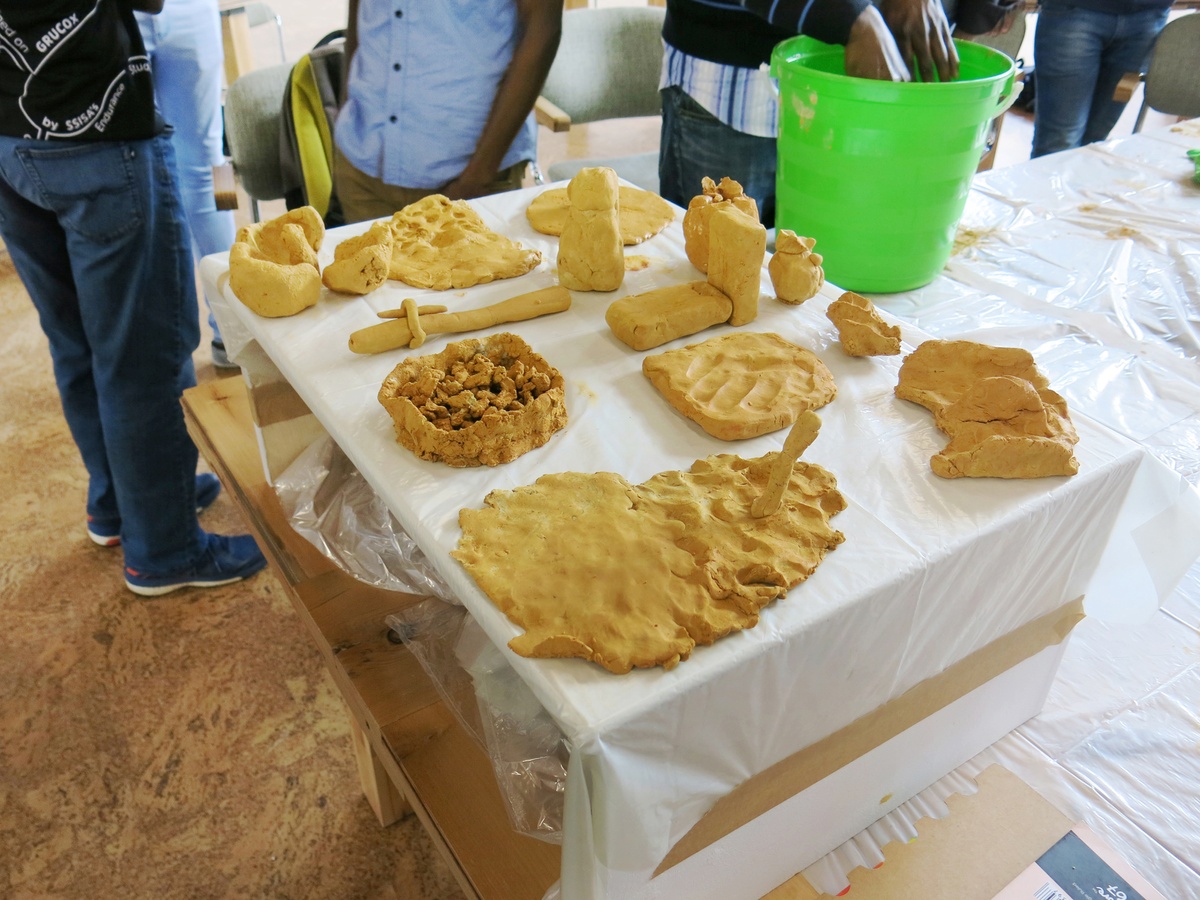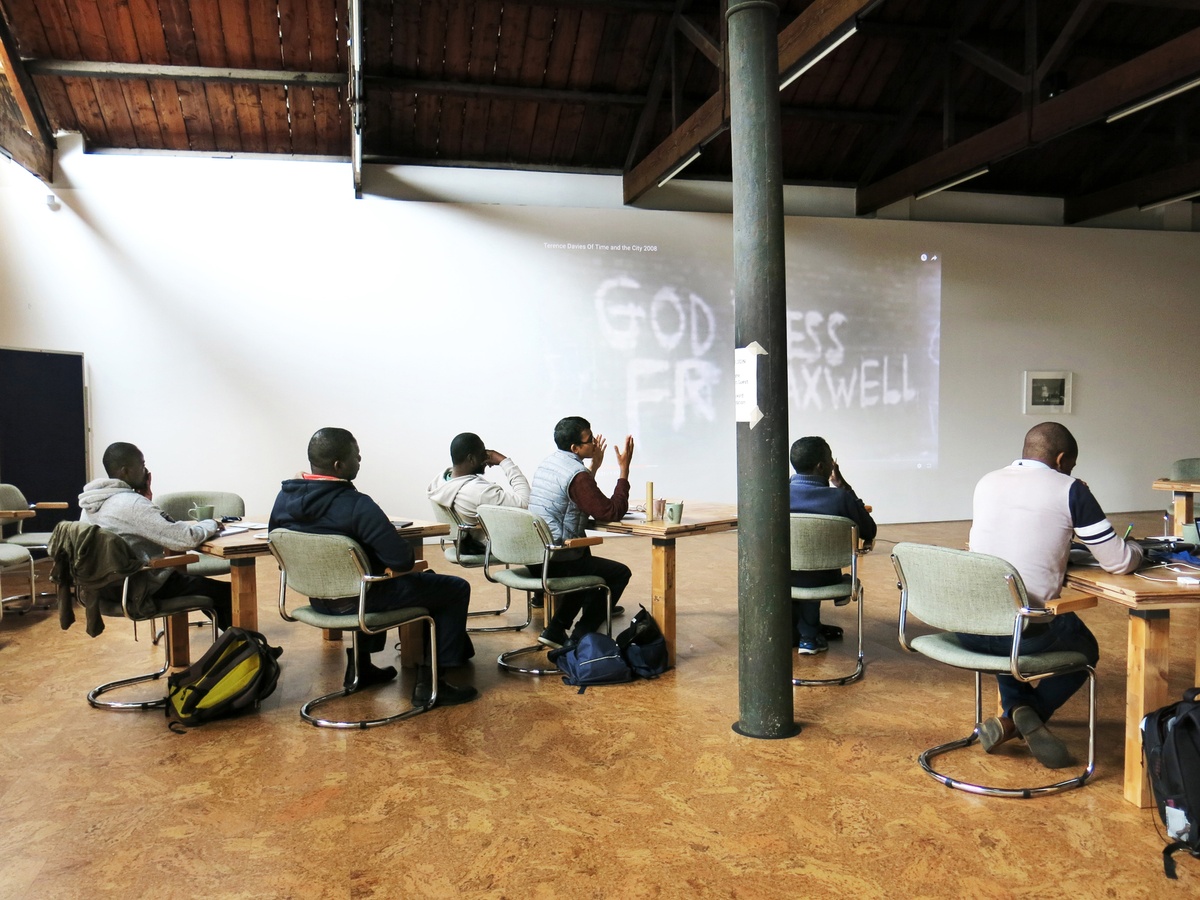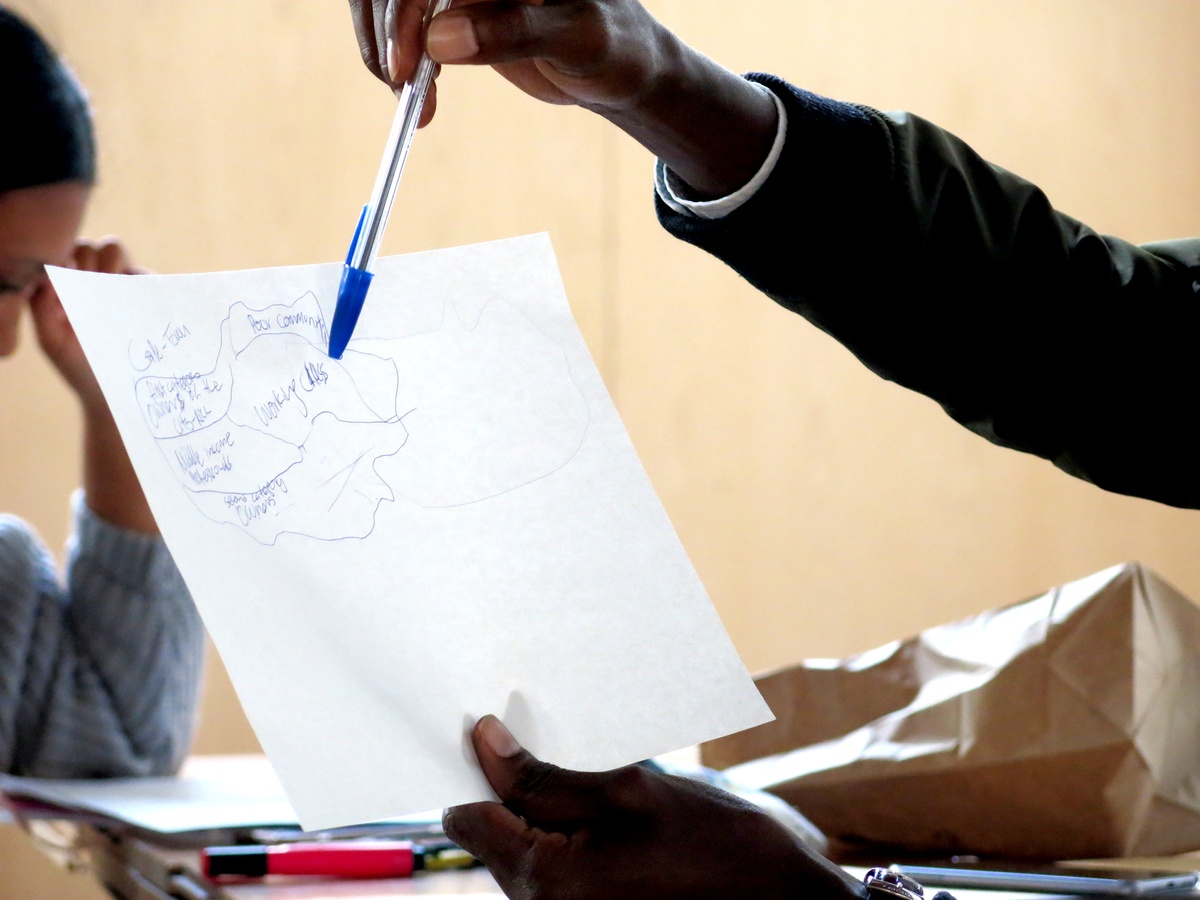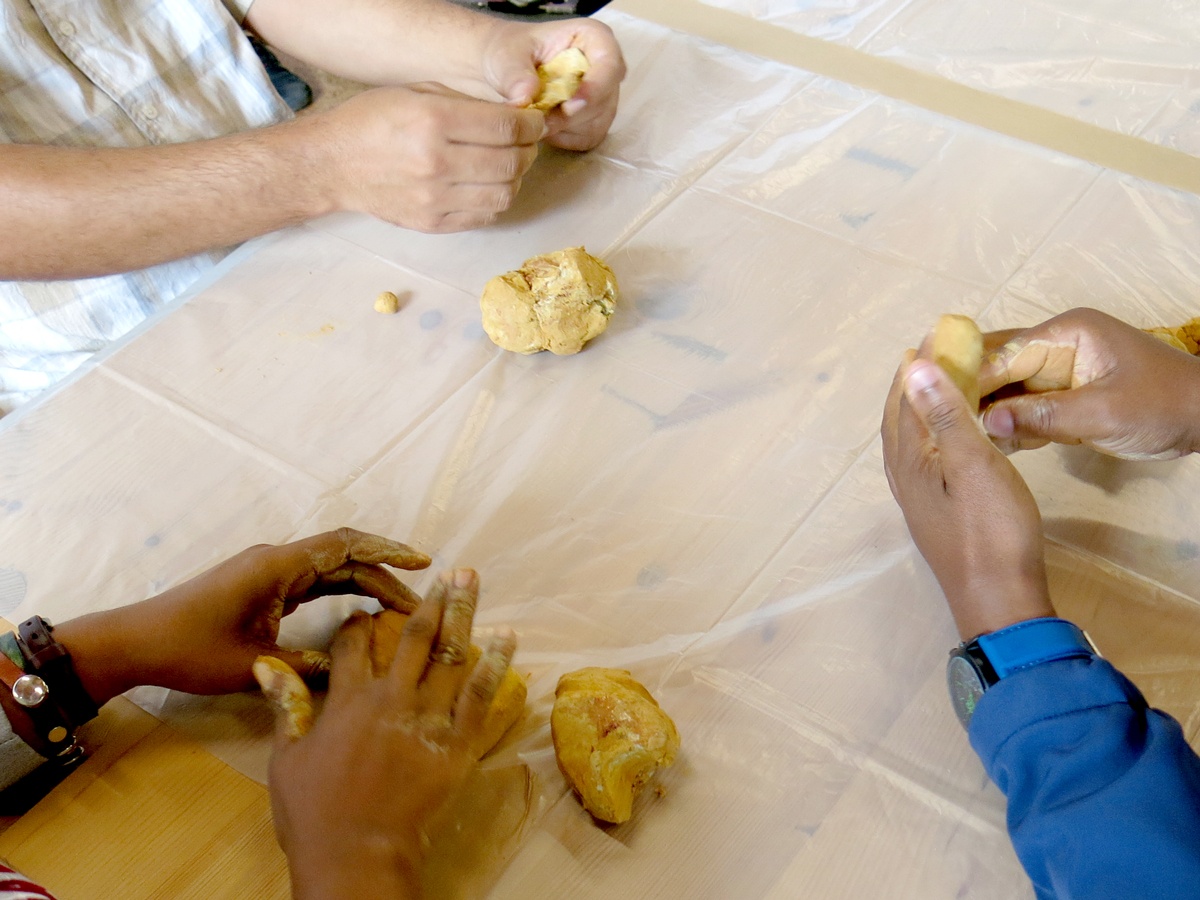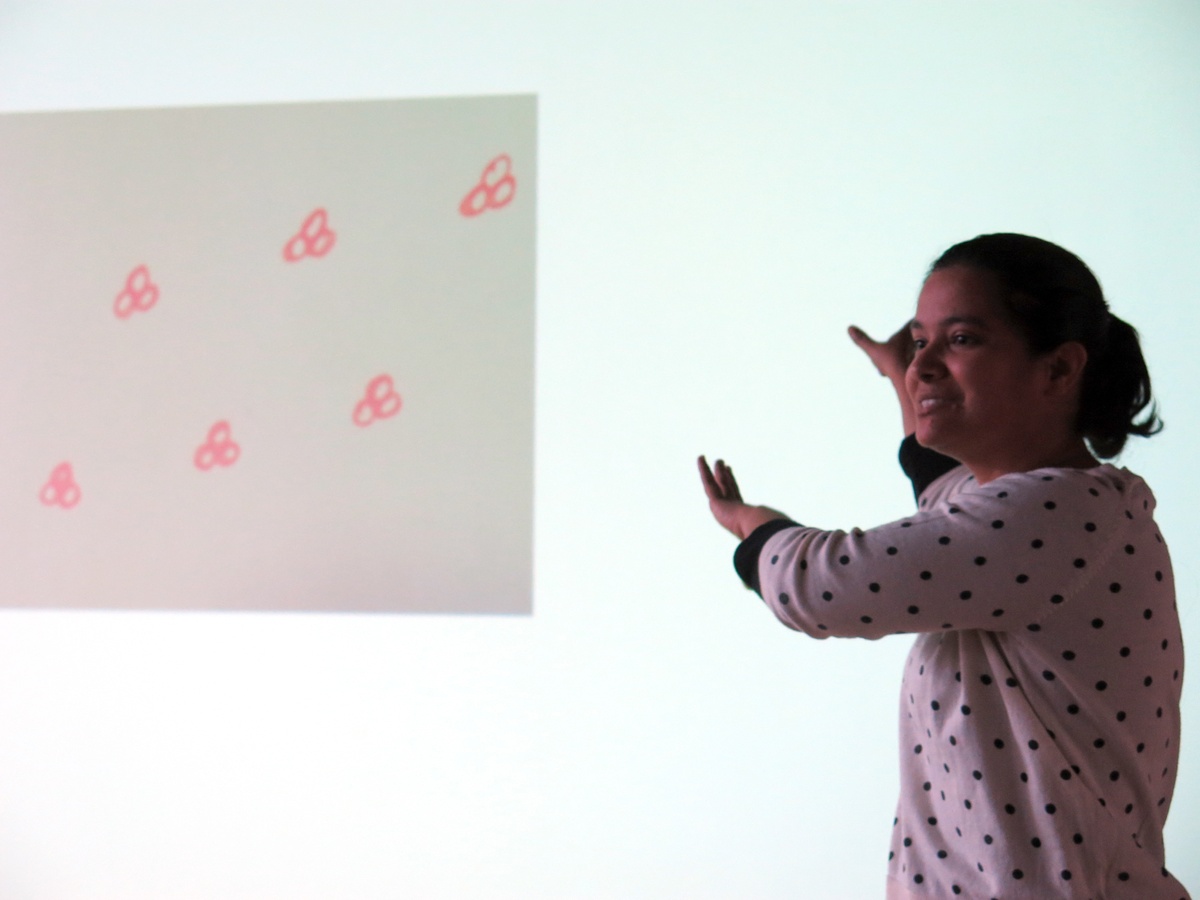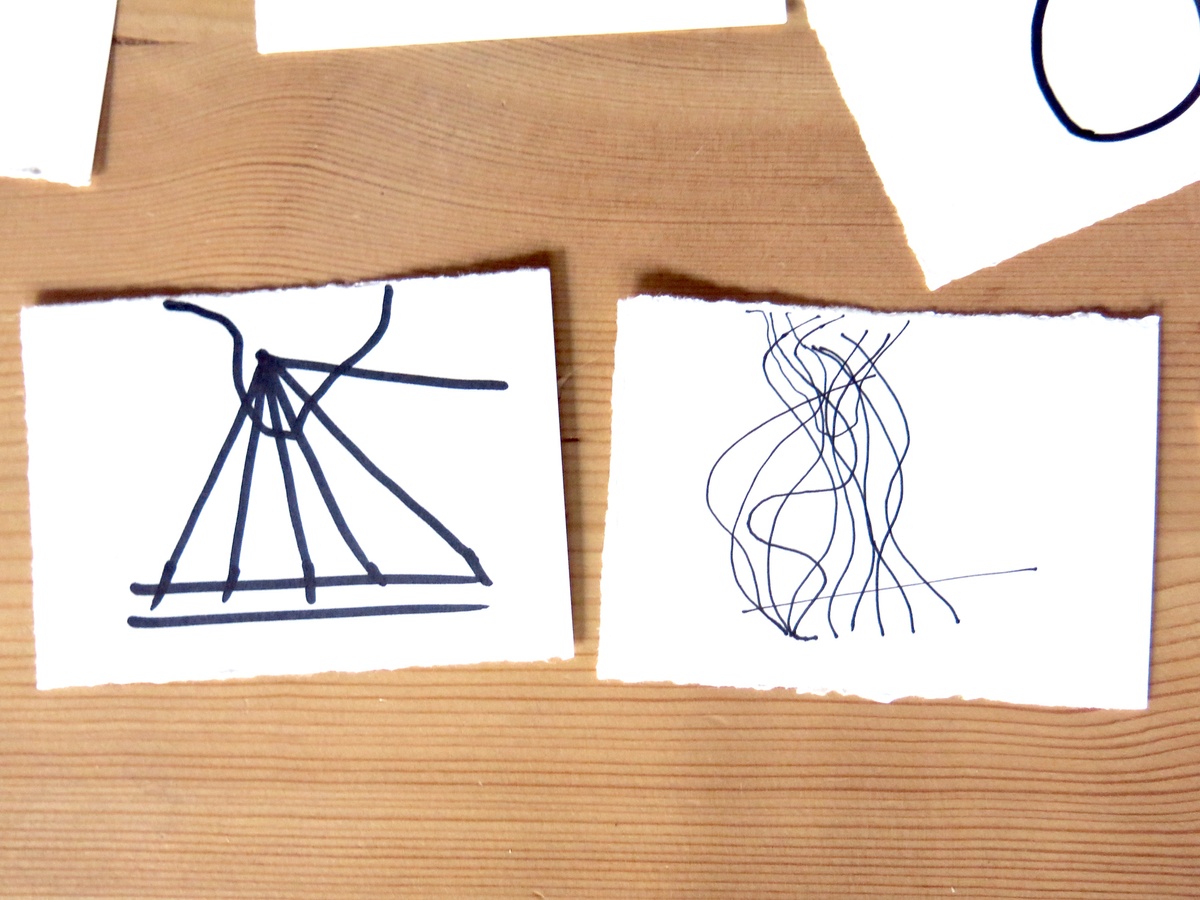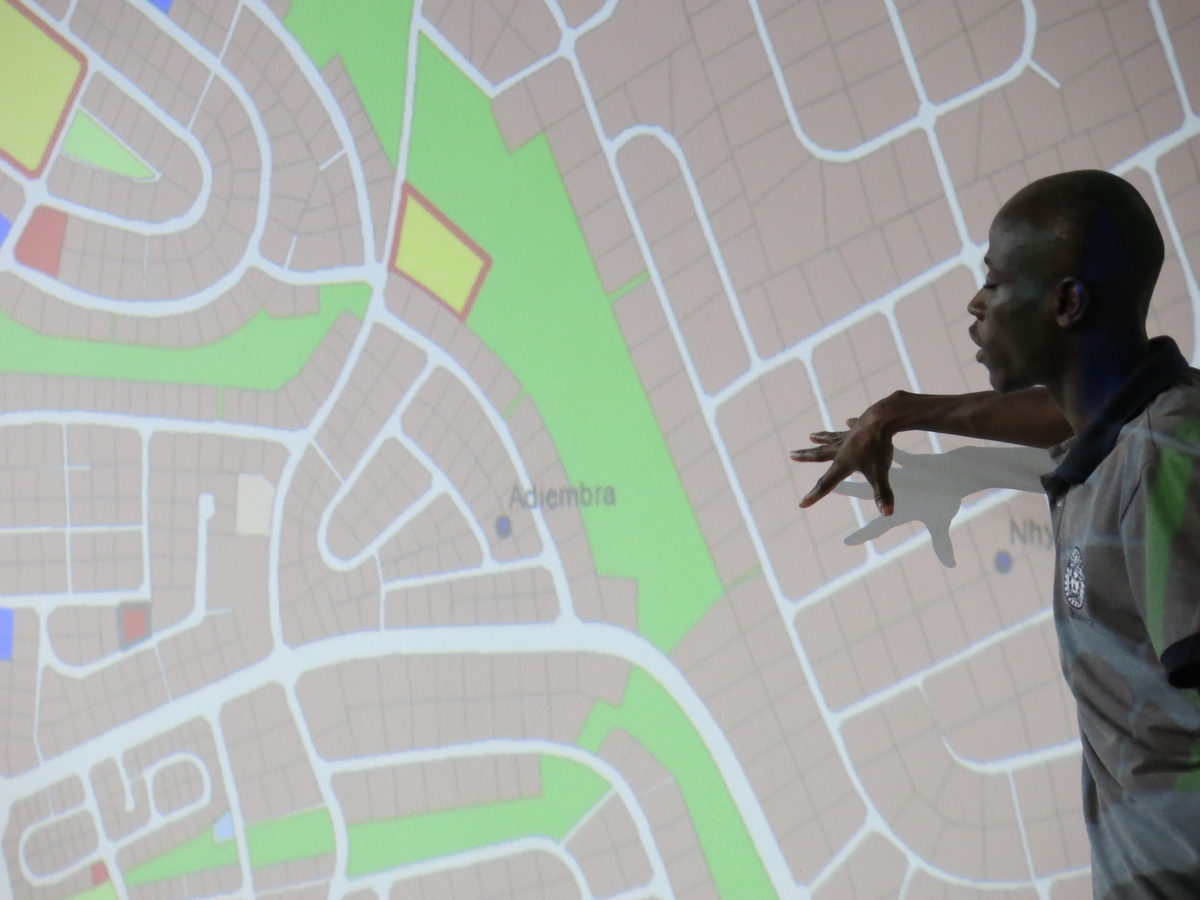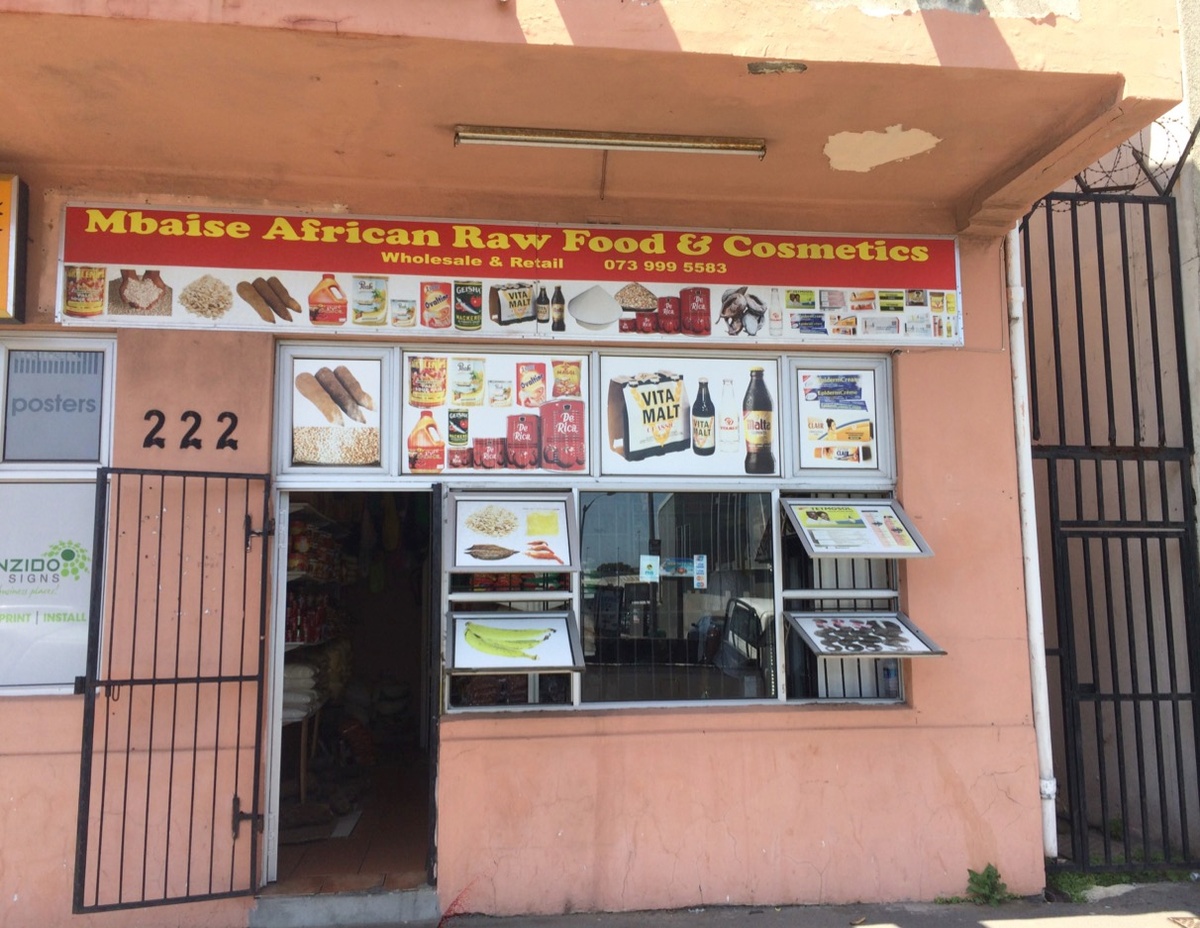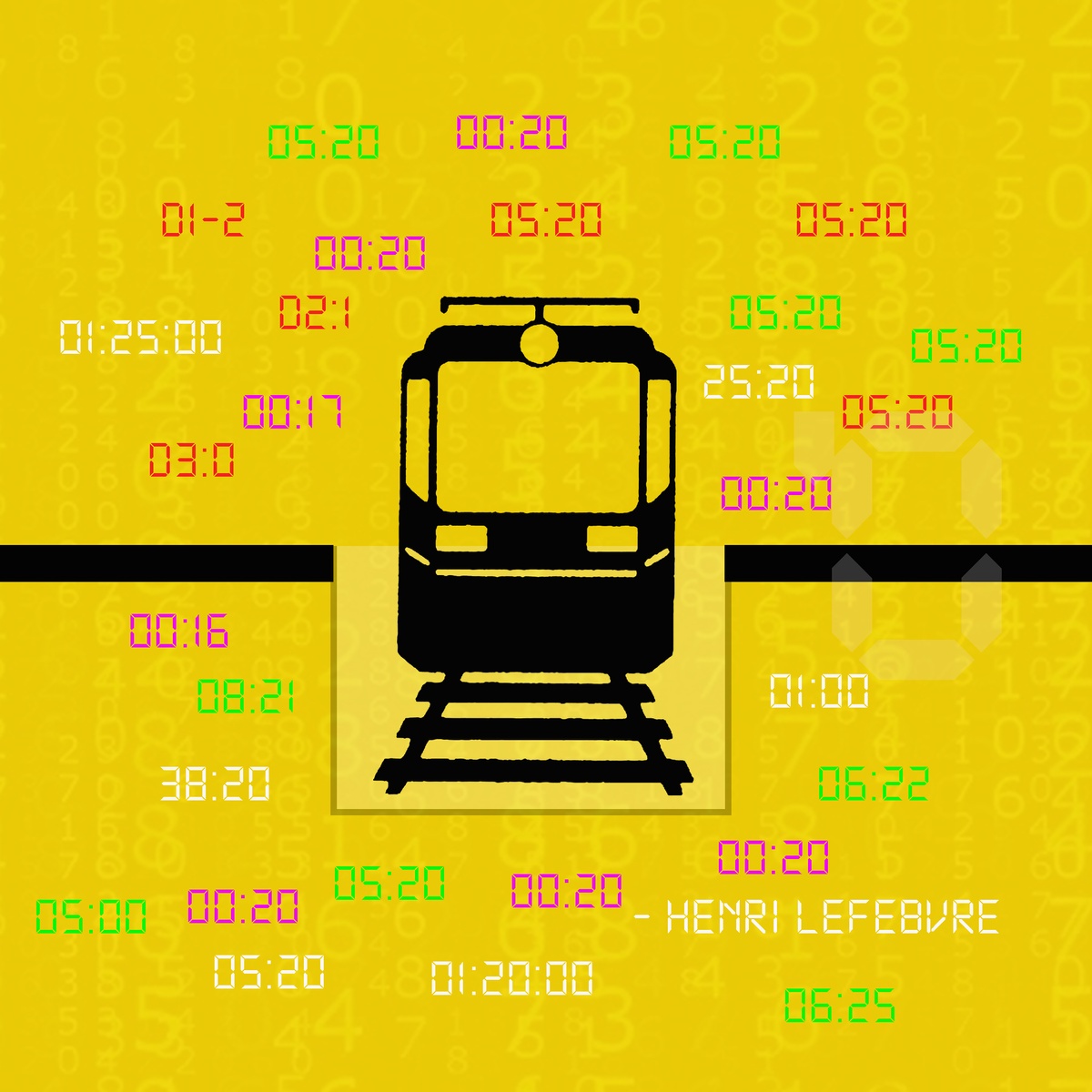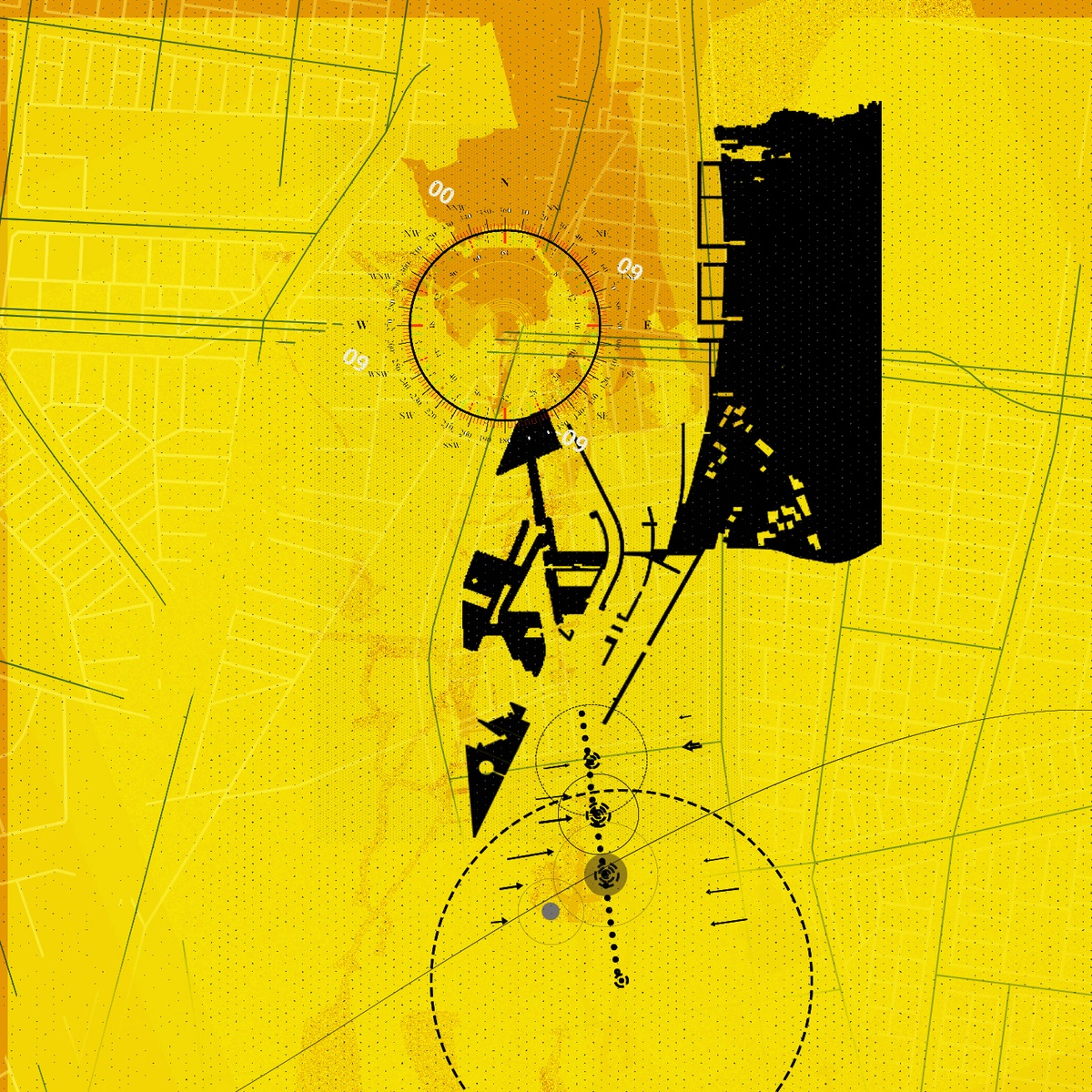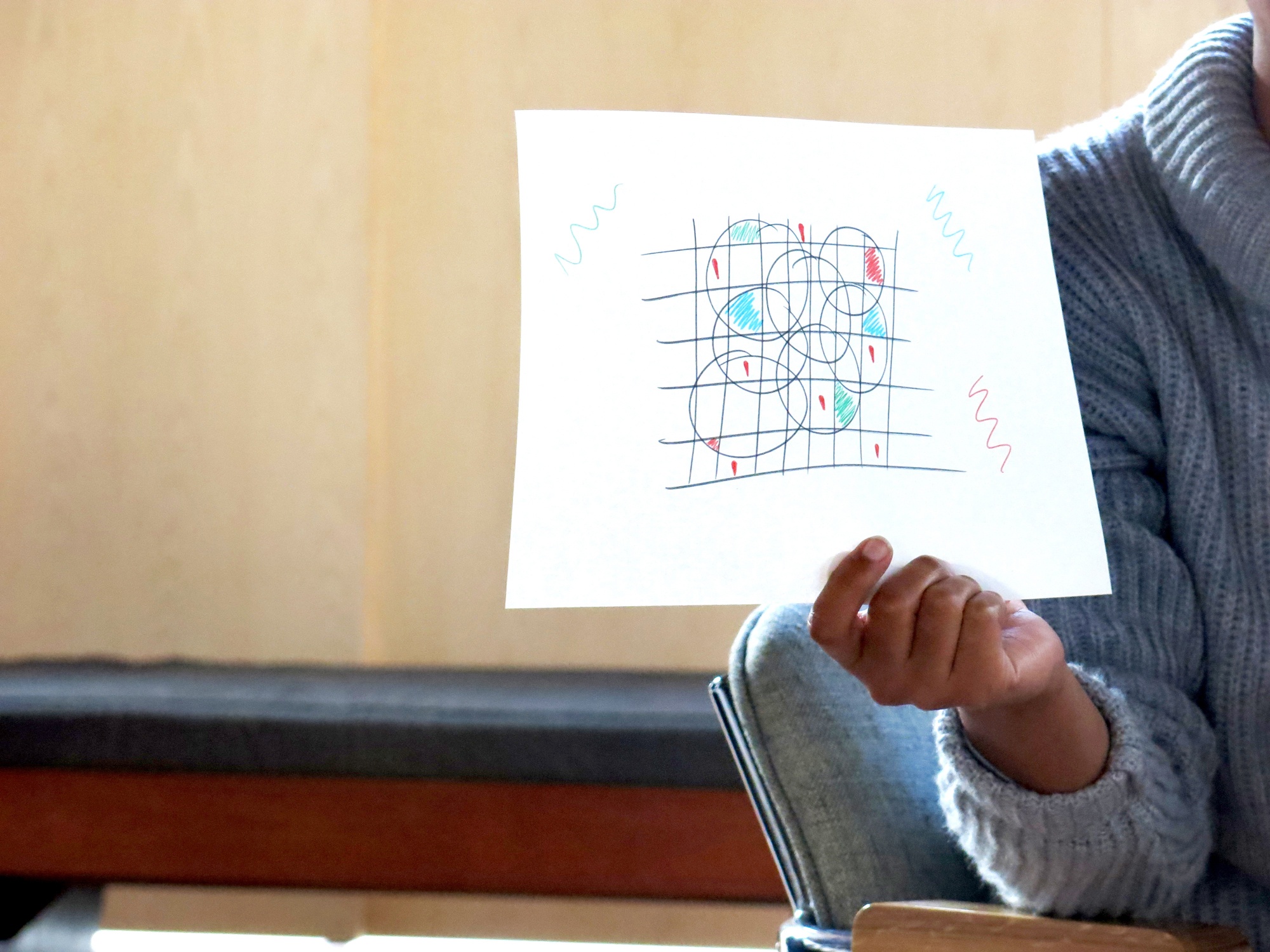
Director of ACC:
Professor Edgar Pieterse
Module convener:
heeten bhagat
Contributors:
francis burger
heeten bhagat
Josh Ginsburg
Rike Sitas
In partnership with the University of Cape Town, African Centre for Cities (ACC) educates the next generation of urban scholars in perspectives from the global South. A4 Arts Foundation designs and produces a module towards this MPhil in Southern Urbanism, and hosts the ACC students at A4. Through April–May 2018, the foundation's Research Studio supports the interdisciplinary and non-traditional intention of the African Centre for Cities Masters/MPhil in Southern Urbanism.
The Studio facilitates an explorative/investigative journey through a series of arts-based methodologies comprised of an eclectic mix of seminars, research/reading time, studio practice, production and media/arts viewing sessions. A4 Arts Foundation facilitators Josh Ginsburg, francis burger and heeten bhagat, with guest facilitator Rike Sitas, provoke experimental and surprising encounters with urban planning theory.
I’m interested in vulnerability, in uncertainty, in nuance. In terms of urban studies, when you read Mike Davis, it is clear that we need to learn to confront the imponderable. Our methodological and theoretical approaches have got to help us do this but often fall short. So when you look at ‘Planet of Slums’, the Mike Davis classic, he provides this relentless, unending account of urban injustice, violence, and brutality; it’s a tough book to read, but at the same time it is really confronting, because you don’t know what to do with all of that. You can’t contemplate what the future might be in that context. And so this studio is really to expose us to a set of methodologies that stem from the arts, that can help us to strengthen our research ability to read the city in a multiplicity of ways. And most importantly, to feel the city.
We thought we’d go on an experiment and ask people who are deeply invested in the idea that the arts and art-based methods can give us a purchase on the world that is not available to us when we use quantitative methods, or when we use traditional social science methods. So this is a first cut into what those exposures and processes can be, and they promised me, it's going to be fun.
— Professor Edgar Pieterse speaking at the first 'Research Studio' session
